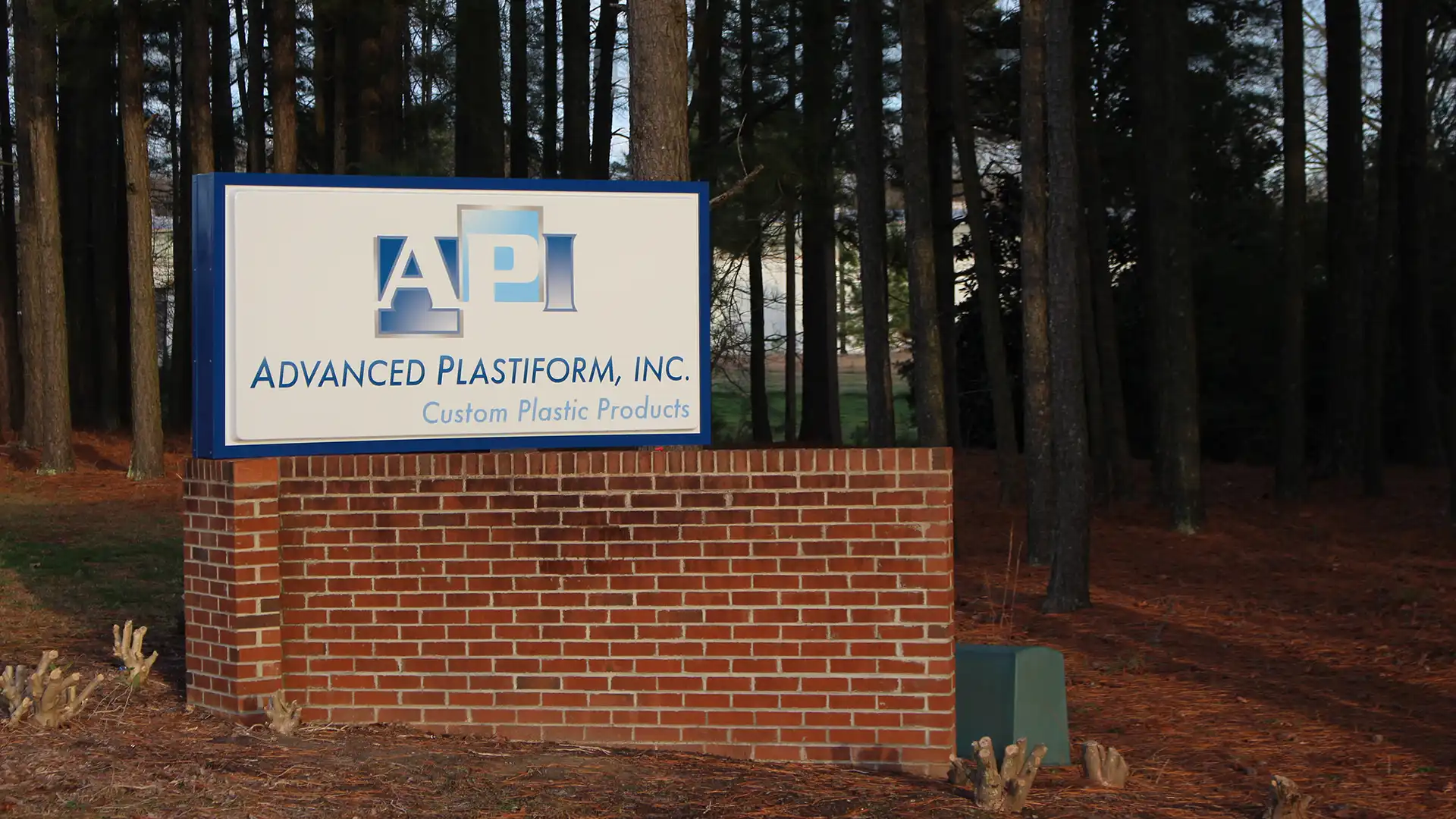Learn how to verify the quality of your plastic products to minimize defective components and…
We all know how important recycling plastic is to keep it out of landfills and bodies of water, but not all plastics can be recycled and made into another type of product. So, what determines whether a plastic can be recycled versus ending up as waste? Our thermoforming company in North Carolinais breaking down the four key factors that determine whether a plastic can be recycled and which ones can’t.
Thermoset Vs Thermoplastic
The first key factor is whether a plastic is a thermoset or a thermoplastic. Thermoplastics, such as what we use in injection molding and thermoforming, are polymers that can be heated or melted and shaped into a new product, but the chemical makeup of the polymer doesn’t change. Thermosets are polymers that change at a molecular level when heated and once the plastic is cooled, creates a new material that can’t be re-melted or heated.
Only thermoplastics can be recycled. Thermosets, including certain types of resins and melamine, can only be incinerated once they’ve reached the end of their life.
Types of Thermoplastics That Can Be Recycled
You’ve probably seen the “chasing arrows” with a number from one through seven inside stamped on your plastics. These are codes that tell you the type of plastic it is.
- Polyethylene Terephthalate (PET or PETE) is a lightweight plastic used in water bottles and other food packaging.
- High Density Polyethylene (HDPE) is used to make milk jugs, bleach bottles, shampoo bottles, and similar items.
- Polyvinyl Chloride (PVC) is used in pipes, siding, window frames, and shower curtains.
- Low density polyethylene (LDPE) is used to make shopping bags, plastic film, tubing, and other thin, flexible materials.
- Polypropylene (PP) is used in food containers, straws, medicine bottles, and to line cups to hold hot beverages.
- Polystyrene (PS) is used for foam egg cartons and disposable plates, though it can also be used to make rigid materials like plastic cutlery and car components.
- “Other” which is a catch-all category that includes thermosets and also biodegradable, corn-based plastics (PLAs).
Most municipal recycling centers only accept plastics labeled #1 or #2 (PET/PETE and HDPE). These are lightweight and easy to reform into new materials. However, some recycling centers are able to recycle #3 and #4 (PVC and LDPE) though polypropylene and polystyrene are rarely recycled and are usually burned.
Quality of Plastic
Even though they are the easiest and most successful to recycle, PET and HDPE can’t always find new life in a new product. The quality of the plastic by the time it reaches the recycling facility plays an important role. If it has oil or food particles on it, or it’s mixed with another material, it can’t be recycled.
This includes things like:
- Laundry or dish detergent
- Cooking oil residue
- Sugar or soda residues
- Dirt
- Motor oil
A large percentage of plastics are thrown away once they make it to the recycling center simply because they are deemed too difficult to clean or they could contaminate other plastics. Fortunately, simply washing out containers and throwing caps (often made from polypropylene) in the trash can give plastic the chance to be recycled.
How Many Times It’s Been Recycled
While glass and aluminum can be recycled repeatedly, recycling plastic breaks down the polymer chains over time, degrading its quality. The same piece of plastic can only be recycled around two to three times before it can’t be used again. Often “virgin” plastics will be mixed with recycled plastic to improve the quality and durability of goods.
Long-Term Plastics vs Single-Use Plastics
While it’s important to reduce and recycle single-use plastics like take-out containers and water bottles, it’s also important to realize that most plastics are designed for their longevity. Car components, medical equipment, and building supplies need to be lightweight yet durable, which is why polypropylene, PVC, and polystyrene are necessary and prevalent. Fortunately, these products are not generally what ends up in the waste cycle and can often be relied upon for decades to maintain their structural integrity and usefulness.
Get a Free Quote on Custom Plastics
Advanced Plastiform, Inc. uses a wide variety of thermoplastic materials to create long-lasting, durable components used in the automotive industry, medical industry, and more. We are dedicated to providing high-quality custom plastics with fast turnaround times and low per-unit pricing. To learn more about how we can help you reduce your costs and improve your quality, schedule a quote with our team today. We work with all types of industries in North Carolina, South Carolina, Pennsylvania, Maryland, Tennessee, Georgia, andVirginia.

